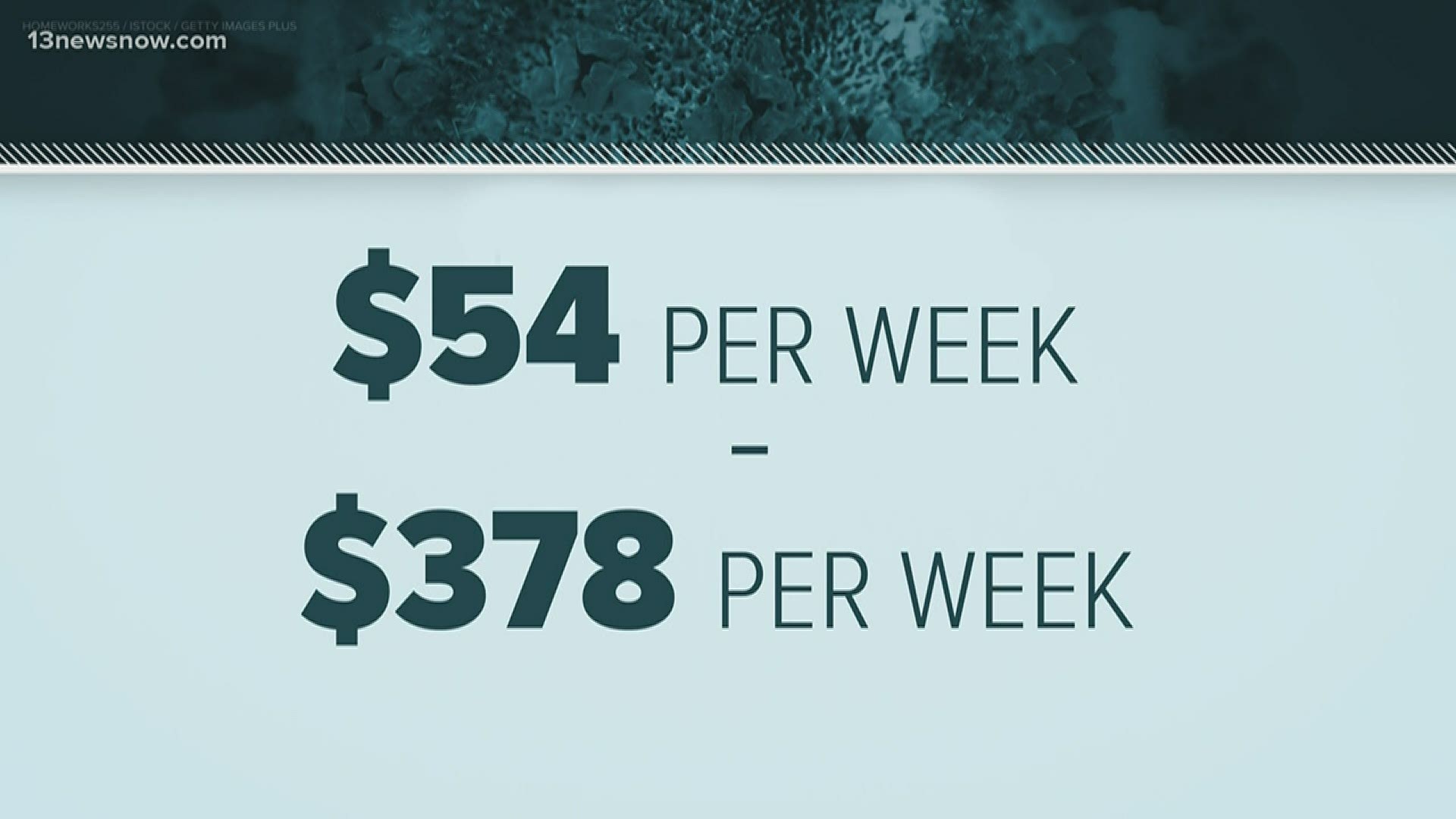COVID-19 has affected people's lives in more ways than one, especially in the arena of employment. Unprecedented economic impacts are triggering a sharp uptick in unemployment claims.
Jobless claims have been surging week to week. In the U.S., the number of claims climbed to more than six million between March 16 and March 29, with more than 160,000 filed in Virginia and 260,000 in North Carolina. In response, state employment agencies are working to step up their efforts to manage the surge in claims.
If you've never filed for unemployment, the process might leave you with some questions. How do I know if I'm eligible? Can I receive benefits if I freelance? What are the steps to ensure I receive the right benefits for my situation? With that in mind, we worked to break down the process for you.
Here's how to file for unemployment in Virginia and North Carolina:
Virginia
The unemployment process in the Commonwealth starts with the Virginia Employment Commission. You need to file a claim with this agency in order to learn if you qualify for benefits. You can either file online or call one of their representatives, but be aware that wait times for representatives could take longer due to the higher number of calls.
You'll need to give the agency the name, address and telephone number of your last employer as well as the reason for separation from the employer.
If you are out of work because of the coronavirus, you'll select "Lack of Work" as the reason for separation. You can learn more about the filing process here.
And like most states, you don't just file an unemployment claim once. You'll need to file it weekly. Weekly filing is mandated because the commission dictates that you must be able to work, available to work and continuously looking for employment in order to keep receiving benefits. You must file a claim, register for work and continue to file weekly claims or you could risk losing out on benefits.
For those who are filing for unemployment for the first time, you'll receive three documents after you apply.
- The Benefit Rights document explains eligibility requirements and what you need to do each week to claim your benefits.
- The Monetary Determination document shows how much money you may be eligible to receive.
- PIN number: You need the PIN to claim weekly benefits and to make inquiries about your claim.
To receive benefits, you must qualify for monetary qualification, separation qualification, and weekly eligibility requirements. You can learn more about these requirements here.
If you qualify, you can claim benefits for up to 26 weeks. Read more on VEC's coronavirus response and how they've shifted their claims process here, where you can also find some frequently asked questions.
North Carolina
The claims process in North Carolina is somewhat similar, but a little different from Virginia's. If you worked in North Carolina, the Division of Employment Security is the agency you would file your claim with.
When you apply, you'll create an online account where you can file your claim, complete weekly claims and check your claim status. The department will need your social security number, your last employer's information, details on retirement pay, and your work history from the past two years. There are also specific requirements for non-citizens, former federal employees and former military personnel, which you can learn more about here.
If you are out of work because of the coronavirus, you'll select "Coronavirus" as the reason for separation.
In order to qualify, you must:
- Be unemployed due to no fault of your own (DES will make that decision based on the info you provide)
- Be considered monetarily eligible
- Be physically able and actively seeking work
- Register for work with the state's resident job service office
Unlike Virginia, the cap on how long you can claim benefits in North Carolina is 12 weeks.
Learn more about how NCDES is adjusting their claims process due to COVID-19 here.
Benefits info for self-employed and gig workers:
If you are a freelance worker or receive income through gigs, the federal government has allowed states to extend benefits to you. You can receive up to $600 a week with an additional 13 weeks of benefits. However, please note that this is left up to each state. Some states can still exclude freelance workers in claims processes. Additionally, the amount of money and length of time you receive benefits will depend on and be determined by your state employment agency.

